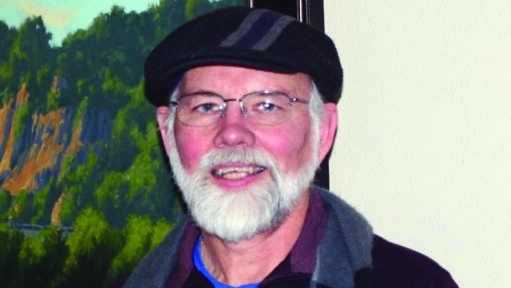Norms and Difficult People
Building an Antiracist Community
Norms and Difficult People
One of the challenges often faced by voluntary community organizations, including congregations, is working with difficult people. As a young pastor, fresh out of the seminary, one of my first tests of leadership was working with a person who had a reputation for explosive anger. During my first year at the church I helped organize a weekend work crew of largely older members who were willing to help tackle the lack of insulation in the church building. A half dozen men or so all had their tools laid out in the sanctuary, and they were eager to put them to good use. It was as they were setting up that Dora (not her real name) came into the sanctuary. In less than half a minute all those men had vacated the room. I had never seen elderly men move so fast. As I got to know Dora both in person and by reputation, it became clear why all those men fled: None of them wished to be the recipient of Dora’s anger.
This situation with Dora and her explosive, often abusive use of anger gets to the heart of the controversies presently surrounding Elon Musk and his ownership of Twitter. Elon Musk essentially insists that there is no need to worry about people like Dora; that trying to restrain or limit the way in which she interacts with people is to limit Dora’s freedom. However, the sad truth is that Dora’s freedom of expression came at the considerable expense of many other people losing their voice and capacity to contribute. Rather than subject themselves to abuse, most people choose to stay away or vacate the space.
In December of 2022, Elon Musk dissolved Twitter’s Trust and Safety Council, which was composed of dozens of civil rights leaders, academics and advocates from around the world who volunteered their time to help improve safety on the platform. In so doing, Musk gives free reign to expressions of anti-Semitism, racism, sexism and in general, abusive behavior. It creates freedom for the loudest, angriest, most hate-filled voices, and it causes many who wish to avoid such abuse to flee the space.
The counter to the Doras and Clydes who fill spaces with anger and animosity is to establish norms and guidelines for communication that makes room for everyone’s voice. In her book, Welcome to the Wisdom of the World, author Joan Chittister observes “Some people call that lack of commitment to clear norms or goals “freedom.” The problem with that attitude is that it’s not true. There is no such thing as unbounded freedom….No one is really absolved of public constraints. We owe order to one another, for the sake of our own personal security on public highways, if nothing else.” If Twitter, our community organizations, including congregations are to be places where everyone feels their voice is welcomed, then agreed upon norms and guidelines for how we are together are essential.
Without those shared guidelines what we end up with is empty rooms or a room full of loud hostile voices because many other people have opted to flee rather than face abuse in the many and varied forms it can take. Guidelines or norms, of course, are not created only for the Doras and Clydes who consistently spew out their anger. Norms exist for all of us who can get caught up in the moment and find ourselves doing the very thing we find troublesome in others.
There will always be difficult people and on occasion we are among them. Shared norms exist to remind us and encourage us to be the type of people, the type of community we hope to be.
Tim Johnson is a retired pastor for United Church of Christ.



